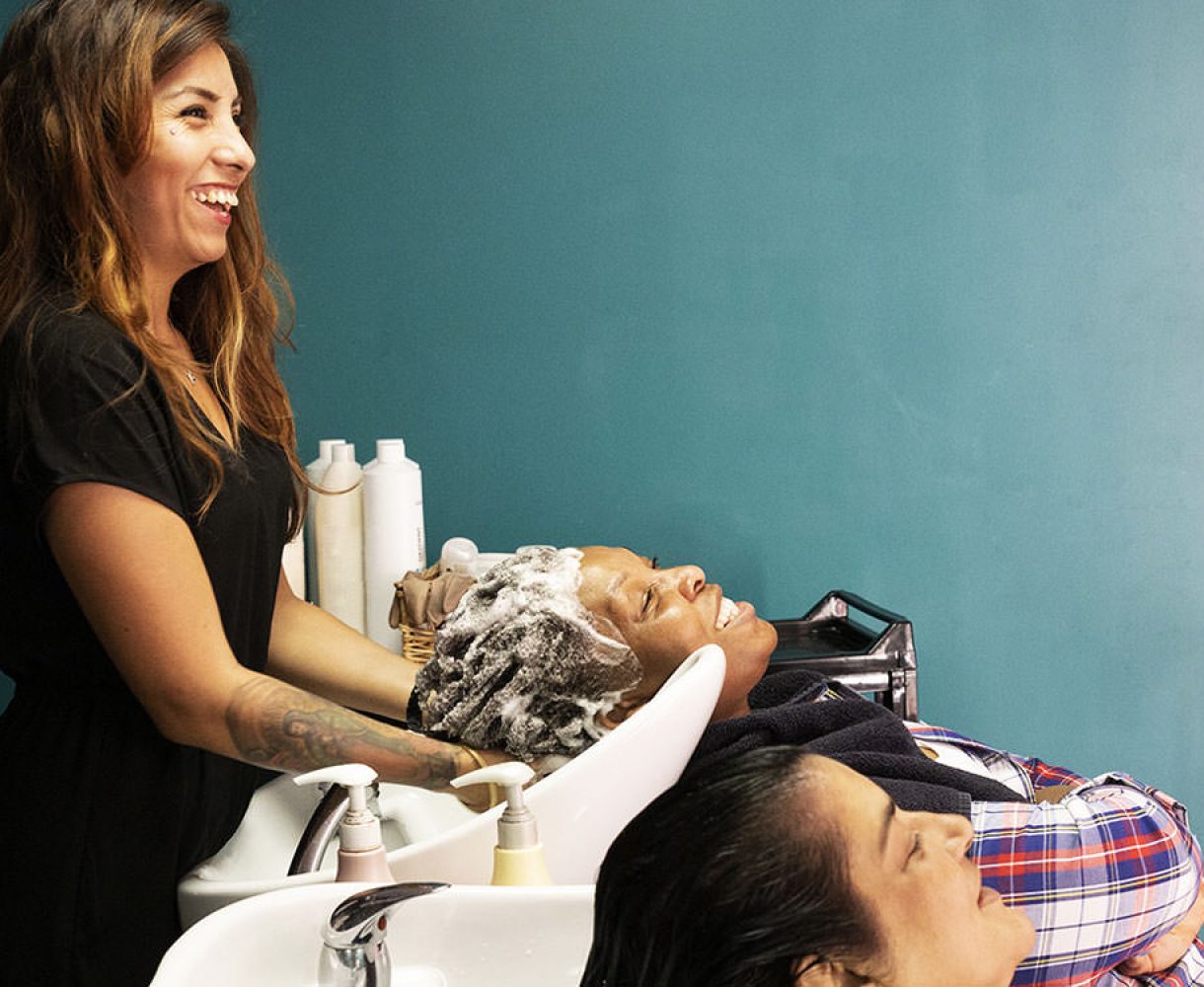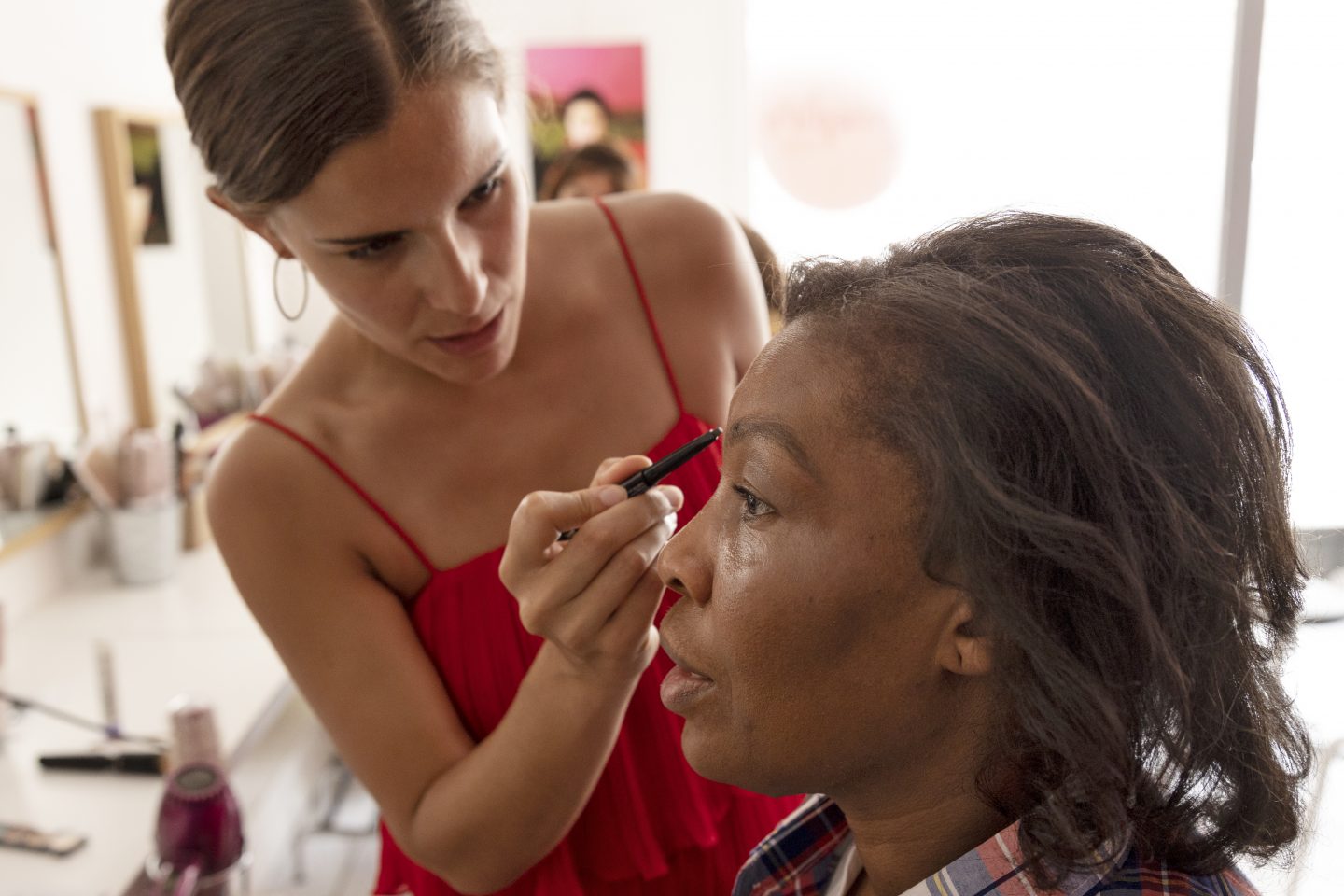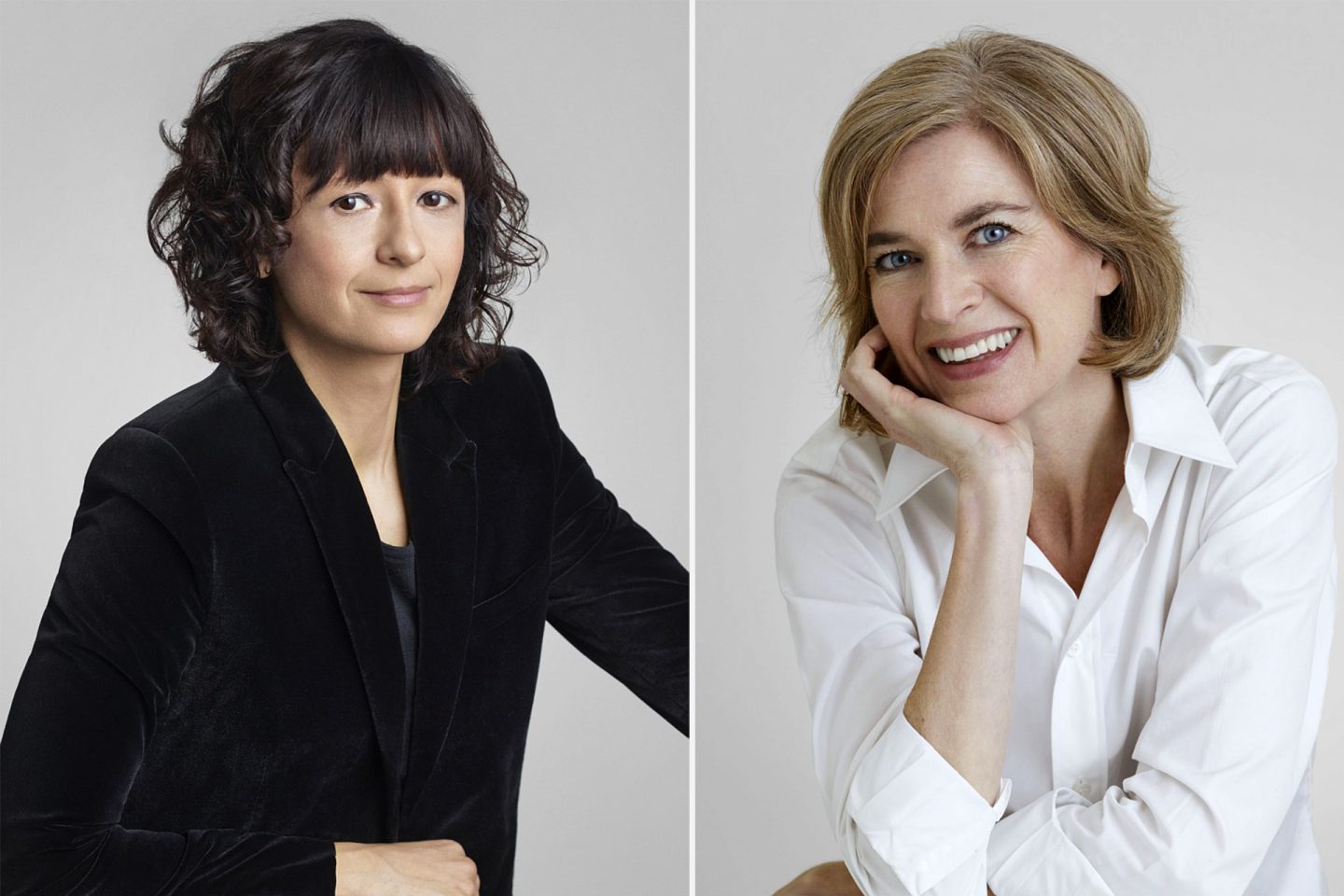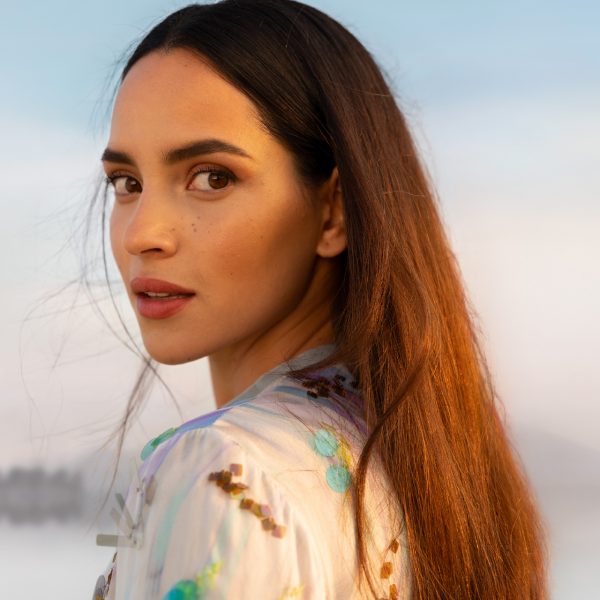
The L’Oréal Corporate Foundation is more active than ever
Supporting the most vulnerable in times of crisis
The coronavirus created unprecedented challenges for communities all over the globe. To help fight the pandemic and its consequences for the most underprivileged, the L’Oréal Corporate Foundation supported non-profit organisations working to combat poverty by donating 200,000 euros to Italian and Spanish organisations and one million euros to French organisations, most of which were already Group partners, such as Emmaüs Solidarité, Samu Social de Paris and Secours Populaire. The epidemic, lockdowns and ensuing economic slowdown had a major impact on the ability of non-profit organisations to function normally, due to exceptionally high costs. Support from the L’Oréal Corporate Foundation helped these organisations stay afloat and adapt their initiatives to protect their employees and volunteers, all while meeting the urgent new needs of their beneficiaries. Throughout the year, the Foundation also provided its partners with hygiene kits including hand sanitisers.
Beauty for a better life: helping people help themselves
Since 2009, the L’Oréal Corporate Foundation has run an excellent international training programme for beauty professions, to help people facing social or economic insecurity gain access jobs or start businesses. This year, given the unprecedented context created by the pandemic, the Foundation adapted its offering to provide a series of online training sessions. The expertise of local non-profit or non-governmental organisations in the field of social and economic inclusion is crucial to the success of the Beauty for a Better Life training courses, which benefitted 3,200 people in 2020, for a total of more than 18,000 beneficiaries since the programme began.

Every year, the L’Oréal Corporate Foundation also expands its social beauty and wellness treatment initiatives. Thanks to partnerships with hospitals and community non-profits, and through its annual call for projects, L’Oréal funds free access to beauty treatments provided by socio-aestheticians and hairdressers who are specially trained to support people in difficult situations. Whether they take the form of individual sessions or group workshops, these special moments combine beauty treatments (facials, manicures, pedicures, massages, makeup application) and technical tips with a sympathetic ear and a soothing environment. As part of a comprehensive and interdisciplinary treatment plan, they help to improve self-esteem, preserve social identities, build relationships and prevent isolation. Despite the public health context, which made it difficult to provide beauty treatments in 2020, the L’Oréal Corporate Foundation supported nearly 9,000 vulnerable people in France, providing almost 33,500 beauty and wellness treatments.
This year, The Foundation also provided wellness treatments for healthcare workers in the Paris hospital system who were fighting Covid-19 on the front lines. In December 2020, it launched a pilot initiative allowing healthcare workers to reserve a free hour-long beauty or wellness treatment at a socio-aesthetic institute in the centre of Paris.
For Women in Science
Founded in 1998 in partnership with UNESCO, the For Women in Science programme aims to boost women scientists’ careers and reduce the number of obstacles they encounter in the field of scientific research, where the glass ceiling unfortunately remains a reality. This international programme was born of a single conviction: the world needs science, and science needs women. To reduce gender inequality in the scientific world and promote innovative research that benefits everyone, the programme awards over 250 research grants to doctoral and post-doctoral researchers each year in 118 countries. It also recognises five eminent women scientists—each from a different continent—for their outstanding scientific achievements. Since 1998, 112 laureates have received the award. In 2020, The L’Oréal-UNESCO For Women in Science International Prize recognised researchers in life sciences: biotechnology, ecology, epigenetics, epidemiology and infectiology.
In another highlight, in October 2020, Professor Emmanuelle Charpentier and Professor Jennifer A. Doudna—both recipients of the L’Oréal-UNESCO For Women in Science Award in 2016—were awarded the Nobel Prize in Chemistry for their research and development of a method of genome editing. It was the first time since 1964 that a scientific Nobel Prize had been awarded only to women—a historic moment. The 2020 Nobel Prize brings the number of L’Oréal-UNESCO For Women in Science laureates to have received this highest distinction to five, with the two newest honourees joining Christiane Nüsslein-Volhard (1995 Nobel Prize in Physiology or Medicine), Ada Yonath (2009 Nobel Prize in Chemistry) and Elizabeth H. Blackburn (2009 Nobel Prize in Physiology or Medicine).




